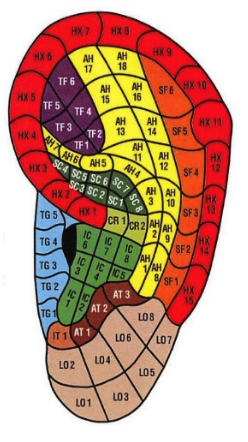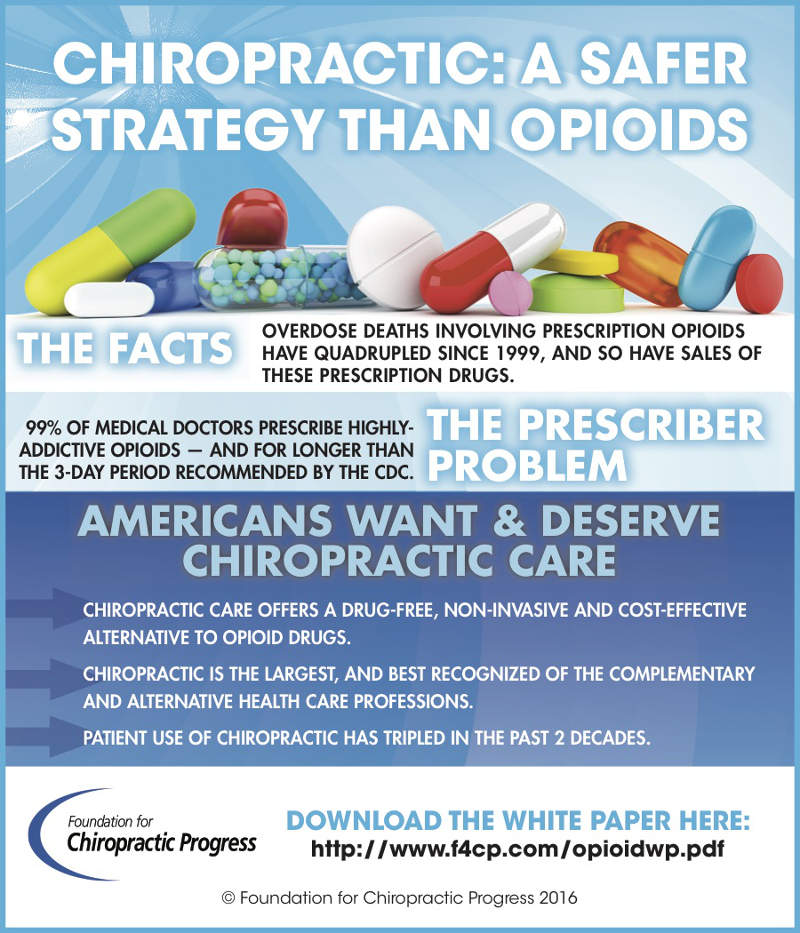An estimated 20% of the U.S. population suffers from some form of addiction and over 80% of all crime is traced to addiction or substance abuse.
Chiropractic is a safe and effective way to treat addiction to cigarettes, opioids, alcohol, food, and other substances.
Apex Chiropractic Addictions Support Program:
Dr. Jahnke works, in combination with the care of a qualified counselor or psychologist, to help people with addictions have decreased cravings, less anxiety and fewer relapses. We use three approaches to help support people struggling with alcoholism, eating disorders, smoking and drug abuse, they include:
1. Auriculotherapy
2. Nutraceuticals & Amino Acid Therapy
3. Chiropractic
Contact for a confidential consultation:
Phone: 513-931-4300
Email: answers@apexchirocenter.com
Auriculotherapy:
 Imagine your brain as a computer and that there are points on the ear like keys on a keyboard. When these points are stimulated with a micro-current device, a message is sent to the brain based on the location of the reflex point (example: limbic system) to enhance normal functioning of that system.
Imagine your brain as a computer and that there are points on the ear like keys on a keyboard. When these points are stimulated with a micro-current device, a message is sent to the brain based on the location of the reflex point (example: limbic system) to enhance normal functioning of that system.
Auriculotherapy is similar to ear acupuncture but it uses no needles, and has no side-effects or contraindications. It is painless, efficient, specific, and helps release the pleasure producing brain chemicals, endorphins. This enables people to feel less apathetic and more highly motivated to stay off drugs/alcohol. It reduces cravings and their sense of physical and emotional withdrawal.
Research demonstrates much better retention rates in drug rehabilitation with the use of auriculotherapy. Click to learn more about how we can help you stop smoking in 3 days with auriculotherapy.
Nutraceuticals & Amino Acid Therapy:
The supplements we recommend consist of amino acids, vitamins and minerals that have been found to be effective in the treatment of addiction. They work by increasing the levels of chemicals in the brain and nervous system necessary to make specific neurotransmitters. These messengers communicate to the brain a feeling of calmness and wellbeing, which can reduce the need for substance abuse or other addictive habits.
Chiropractic:
Chiropractic is not just about “bad backs”. The spine and spinal cord are the common denominators in the opiate receptor Brain Reward Cascade chemical mechanism which allows people to experience a state of wellbeing. If there are interferences in this mechanism (spinal subluxations), the person may feel separation from wholeness and an inability to experience wellbeing. If the spine is allowed to express itself without interference (free from subluxations), the person can express full potential. Spinal subluxations are often found in people with addictions. And chiropractic removes spinal subluxations.
Dr. Jay Holder, an addiction researcher and recipient of the Albert Schweitzer Prize in Medicine in 1991 describes the impact of chiropractic care during addiction treatment: “People under chiropractic care while undergoing addiction treatment become open, relaxed and compliant as their anxiety and depression lift. Their heads clear, their thinking improves, they get in touch with their feelings, and they open up to group therapy and their treatment program with surprising intensity.”
Contact for a confidential consultation:
Phone: 513-931-4300
Email: answers@apexchirocenter.com
Testimonials:
“When I first came to see Dr. Jahnke for auriculotherapy, I had been trying for several years to stop smoking/using tobacco. I had tried patches and gums and every treatment I could find but nothing was working.
I had 3 short (~ 10 minutes) sessions of auriculotherapy. They were very simple and actually calming.
On the morning of my first session I threw out the last of my nicotine patches and gums and have had no need for them since. The physical and mental benefits of being nicotine free have dramatically improved my quality of life.”
– James B
“I was a smoker for a long time and I have to admit that I thoroughly enjoyed about every cigarette I ever smoked. I knew the risks and I did quit a few times, only to begin again when the next little trauma entered my life. I thought that when my husband quit smoking that I would be able to quit also… but I didn’t. Last year when Dr. Jahnke told me about auriculotherapy, I was intrigued but I think in the back of my mind I felt like this would be one more case of quitting for a while, only to begin again.
When I went for the first session, I still had a few cigarettes left, which I did smoke before the second session. I don’t know that I even envisioned myself being a non-smoker. After the second session I was finished. It wasn’t that I didn’t want another cigarette – it was more like I just didn’t smoke another cigarette. In a couple weeks it will be a year since I smoked my last cigarette. There are still moments of wanting to smoke a cigarette, but I just don’t follow through. There are moments when I think I’ll just stop somewhere to buy a pack… but it, too, passes and I just don’t follow through. The best part is that it’s not a struggle to not smoke and I can just push the thoughts away. They are just thoughts and not cravings. It’s like part of my brain will say “this is what you have done in the past in this situation” but another part of my brain is saying “yes, but you don’t have to do that now”.
– Nancy








